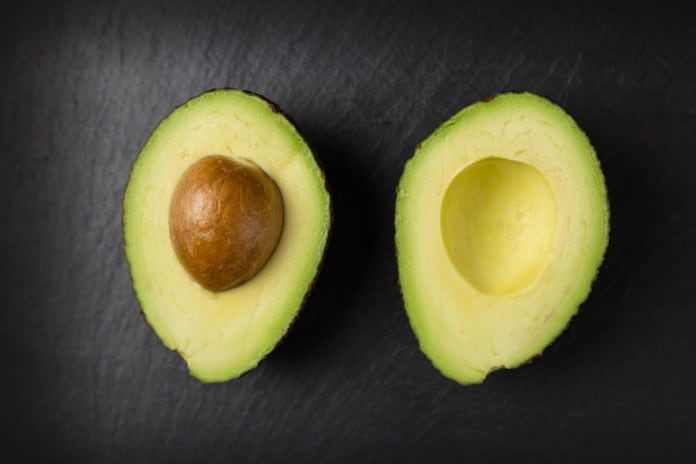Recent research from the Harvard’s School of Public Health suggests that monounsaturated fats from plant or animal sources may not be made equal.
According to research from the United States Department of Agriculture, dietary monounsaturated fats make up 12% of the average American’s total energy intake. But apart from being an energy source, monounsaturated fats also play a critical role in cardiovascular health.
Unlike saturated fats, their unsaturated counterparts can help lower blood cholesterol levels and prevent heart disease. But when it comes to the best source of monounsaturated fats, whether plants or animals, research studies have been inconclusive. To investigate how different sources of monounsaturated fats can affect cardiovascular health, researchers from the Harvard TH Chan School of Public Health in the US used information from two large epidemiological studies performed in the 70s and 80s.
Over 90,000 male and female health professionals were enrolled in two separate health studies run through the Brigham and Women’s Hospital and the Harvard School of Public Health in the 70s and 80s. These participants completed self-administered questionnaires on lifestyle and dietary choices every four years up until 2012.
By combining this previously published dataset with national health records and reports from the US National Death Index, the Harvard researchers looked to see how decades of monounsaturated fat intake affected risks of coronary heart disease. After comparing groups of individuals with similar lifestyles, body mass indexes, and total dietary energy intake, the researchers found that while monounsaturated fats from plants lowered heart disease risk, fats from animals raised the risk.
In their paper published in the American Journal of Clinical Nutrition, researchers explained that most animal-based monounsaturated fats come from red meats and dairy products, which also contain higher volumes of saturated fats that contribute to coronary diseases. On the other hand, men and women who consumed more plant-based monounsaturated fats also consumed more “good fats” like polyunsaturated fats, as well as antioxidants, vitamins, and minerals – all of which may reduce heart disease risks.
Based on their study, the researchers advise replacing animal-based fats with plant-based fats where possible, such as using vegetable oils or margarine in place of animal oils and butter. As the food industry is slowly replacing trans fats in favor of healthier monounsaturated fats, the researchers say more work is needed to understand how consuming different sources and compositions of monounsaturated fats may affect us in the long term.
Written by Calvin J. Chan, B.Sc.
Reference: Zong, G. et al. (2018). Monounsaturated fats from plants and animal sources in relation to risk of coronary heart disease among US men and women. American Journal of Clinical Nutrition. 107: 445-453.



